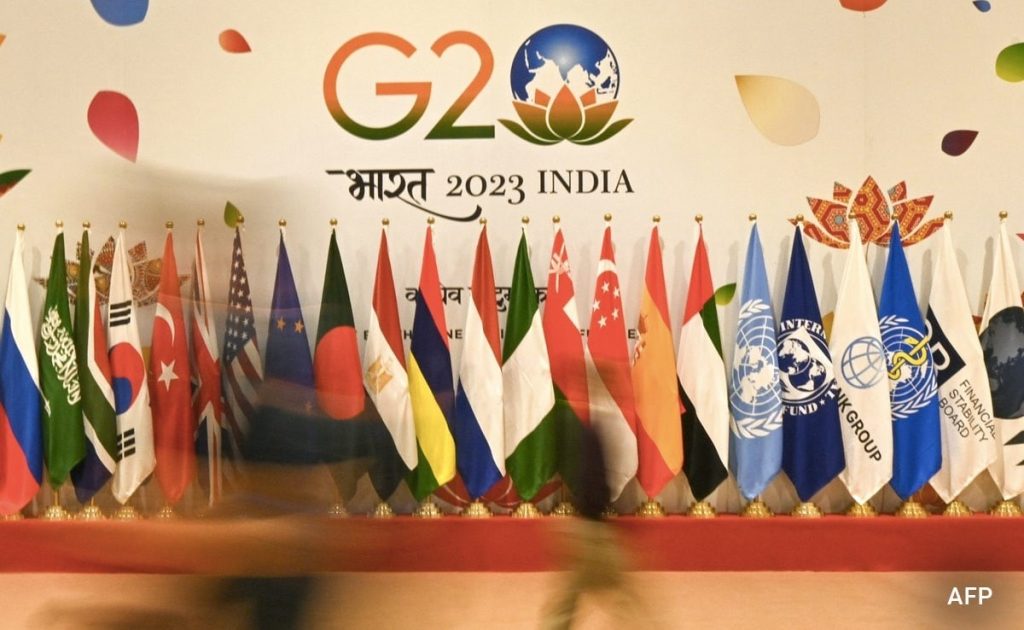G20 New Delhi Leaders’ Declaration: Delivering Quality Education
The leaders of the Group of Twenty (G20) on Saturday embraced the “G20 New Delhi Leaders’ Declaration: Delivering Quality Education” with the aim of revolutionizing the education system. Educational institutions play a pivotal role in India’s G20 presidency, emphasizing the importance of education in shaping global policies and strategies. Furthermore, India’s own journey in the field of education provided valuable lessons for other G20 nations during its presidency.
G20 countries have collectively recognized the critical role of education as an enabler of human dignity and empowerment globally, further reinforcing the importance of education in the G20 agenda. One of the primary objectives of this agenda is to emphasize the significance of foundational learning in bridging the digital divide while also aiding educational institutions and teachers in adjusting to emerging trends.

The G20 leads have also reached a consensus on the expansion of accessibility to high-quality Technical and Vocational Training (TVET), promoting scientific cooperation, and facilitating lifelong learning, especially for vulnerable and marginalized groups.
Read More : G20 And India: Building Education Technology For Global Development
The Delhi Declaration on Education outlines several key principles and commitments to advance education on a global scale. Here are the main highlights of the declaration:
- The declaration recognizes the critical importance of foundational learning, encompassing literacy, numeracy, and socio-emotional skills. These skills are seen as the cornerstone of education and employment, emphasizing the need for a strong knowledge base.
- It reaffirms the commitment to bridging the digital divide. This involves ensuring that learners from all backgrounds and locations have access to digital resources and tools, acknowledging the necessity of digital inclusion in today’s world.
- The declaration acknowledges the role of educational institutions and teachers in preparing students for the future. It stresses the importance of supporting them in adapting to emerging trends, including artificial intelligence, to effectively navigate evolving educational landscapes.
- The declaration highlights the expansion of access to high-quality Technical and Vocational Education and Training (TVET). TVET programs are crucial for equipping individuals with practical skills relevant to the workforce, addressing skills gaps.
- The declaration reaffirms the commitment to fostering open, equitable, and secure scientific collaboration. It encourages cooperation among researchers, students, and scientists across institutions and countries to drive innovation and progress.
- Lifelong learning is emphasized, with a particular focus on skilling, reskilling, and upskilling. This underscores the need for continuous learning throughout one’s life to adapt to evolving job markets and technologies, with an emphasis on overcoming barriers for vulnerable groups.
The Delhi Declaration represents a significant stride towards achieving inclusive and equitable education globally. It serves as a call to action for G20 countries to invest in education and collaborate to ensure that all children have access to quality education, promoting a brighter future for generations to come.
Read More : G20 And India: Building Education Technology For Global Development




